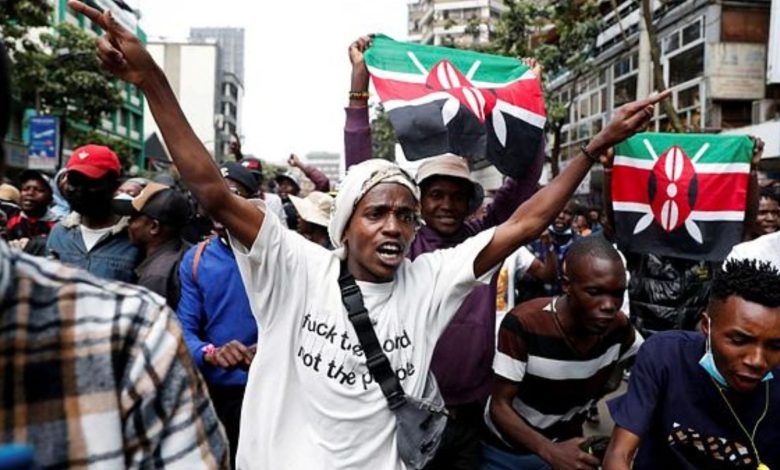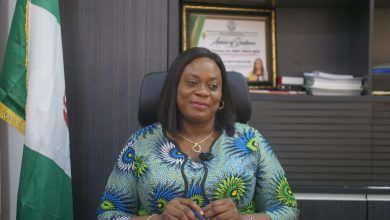Kenya Government Bans Live Coverage of Protests Marking 2024 Anniversary

The Kenyan government has imposed an immediate ban on the live coverage of nationwide protests marking the anniversary of last year’s deadly anti-government demonstrations — a move widely condemned as a blatant attack on press freedom.
In a directive issued Wednesday, the Communications Authority of Kenya (CAK) ordered all television and radio stations to cease live broadcasts of the unfolding protests, claiming such coverage violated constitutional and regulatory provisions.
“This is therefore to direct all television and radio stations to stop any live coverage of the demonstrations forthwith,” the CAK said, without specifying the legal grounds for the restriction.
Thousands of demonstrators had taken to the streets to mark one year since the peak of 2024’s protests, which were fueled by economic discontent and a steep cost-of-living crisis. At least 60 people were killed during last year’s unrest, most of them shot by security forces, according to human rights groups.
This year’s commemorative protests, which began peacefully, escalated into violent clashes with riot police. Barbed wire barricades were deployed around key government buildings, and security forces fired volleys of tear gas to disperse crowds in Nairobi and other major cities.
Despite the government directive, major Kenyan media outlets — including the Standard Group — defied the order, continuing live coverage.
In a bold statement, the company accused the Communications Authority of initiating a “news blackout” and said it had credible reports that authorities were pressuring signal carriers to shut down live feeds from stations airing protest footage.
“This is not the first time we’re facing such threats,” the Standard Group said, referencing similar attempts to muzzle media during the 2024 demonstrations.
Rights organizations and press watchdogs swiftly condemned the move. Amnesty International denounced the media blackout, stating:
“Silencing the press is not the solution. Democracy requires transparency — especially in moments of crisis.”
The incident has reignited concerns over press freedom and civil liberties in Kenya, once seen as a regional beacon of democratic governance.





